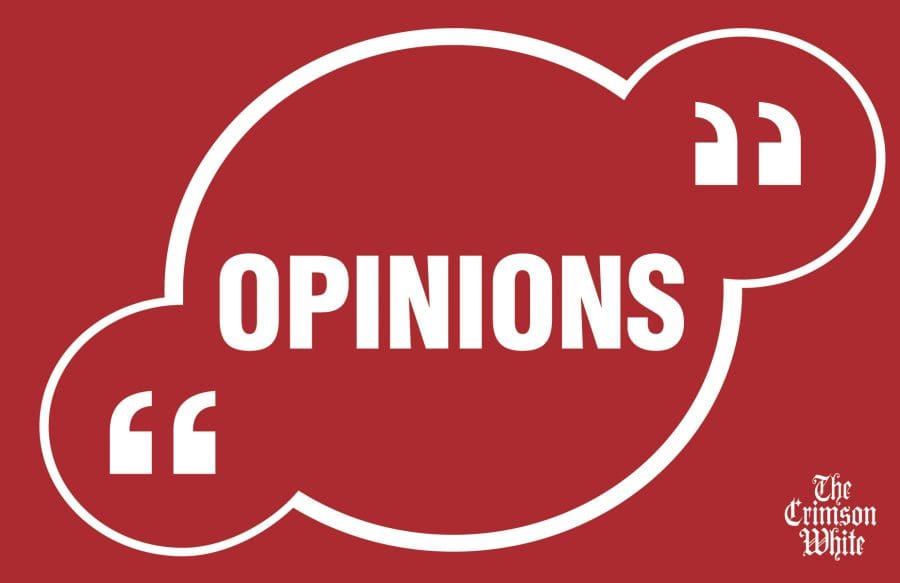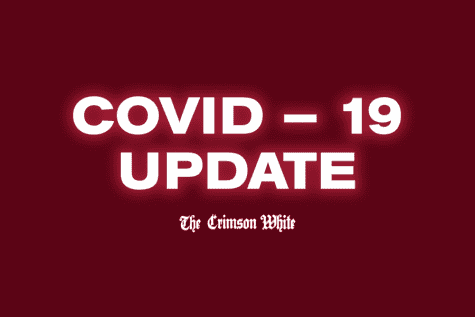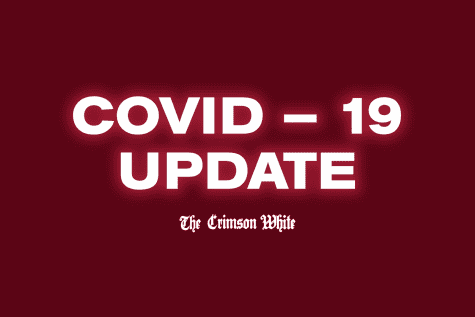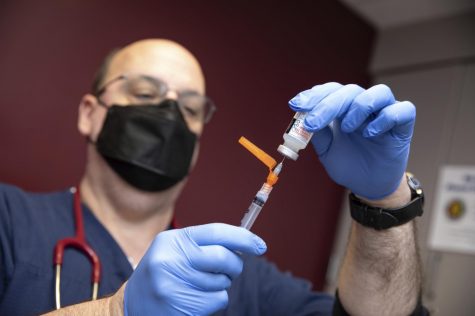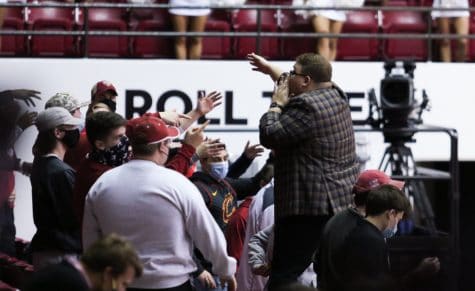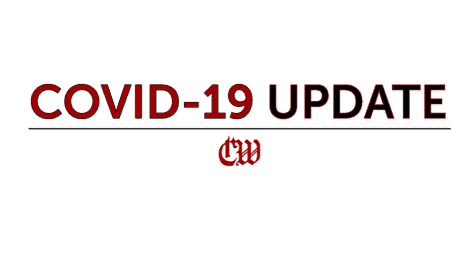Open Letter | After championship celebrations, new COVID policies needed
More stories from United Campus Workers of Alabama
The United Campus Workers of Alabama wish to express concern about the events that took place on the Strip following Alabama’s win at the NCAA College Football Championship on the night of Monday, January 11th. These events have been dubbed a possible “super-spreader” event by national media. We call on the University to 1) suspend all in-person instruction for two weeks; 2) provide evidence via Sentinel Testing that the campus community has returned to a campus COVID-19 positivity rate in line with the December 2020 campus background rate; and 3) provide hazard pay for all facilities, dining, housing and student life workers who routinely come into close contact with students.
As educators, we understand that in-person instruction is desirable and contributes to meaningful learning and a positive campus climate. However, we cannot ignore what the costs to employee and student well-being following last night’s events could be if we do not immediately alter plans for the Spring 2021 semester.
Based on widely circulating video and images, it is clear that thousands of students, residents, and local visitors gathered last night to celebrate this win against Mayor Maddox’s pleas and despite a rising COVID-19 caseload in Alabama. Although the videos and images from last night are from people closely crowded together outside–with many people not wearing masks–the crowds of people were also moving in and out of indoor bar and restaurant spaces. The density of thousands of people tightly packed together, coupled with the high numbers of people clearly failing to social distance and wear facemasks, suggests that it is inevitable last night’s celebrations could lead to a local spike in new COVID-19 cases both within the City of Tuscaloosa and on our campus. According to the Department of Health and Human Services, 96 percent of all ICU hospital beds are already full, meaning the state cannot absorb further waves of COVID-19 patients.
When we resumed a blend of hybrid, remote, and in-person instruction in August 2020, Alabama was experiencing approximately 1,000 new cases of COVID-19 per day. That number is now 5,000 per day. And yet, despite the severity of these numbers and dwindling hospital capacity across the state, the University has pushed forward with increasing in-person instruction in the Spring semester. This is despite relaxed requirements for Covid-19 testing upon return to campus, requiring it only from students who live on campus, and not the entire student body. This decision to reduce testing was made without consultation with faculty and staff, and was communicated to faculty and instructors in a document sent on December 04, 2020. This document included the following statement: “Faculty must deliver their courses according to the delivery mode specified during enrollment, and hold to that delivery method for the duration of the semester, unless a change is approved by the dean and provost, which will only occur in exceptional circumstances, or in the event a COVID-19-related accommodation is necessary.” We ask the dean and provost to approve campus-wide changes to the delivery mode of courses in-line with last night’s exceptional circumstances
Before students returned to Tuscaloosa, the Office of Student Life placed a two week moratorium on in-person student events. Given this admission of risk of transmission, we reiterate our demands that facilities, dining, housing and student life workers who routinely come into close contact with students receive hazard pay.
We ask that President Bell and Provost Dalton immediately suspend plans for in-person instruction for two weeks, and until it can be demonstrated that our campus is a safe work and learning environment for students, instructors, faculty, and staff as evidenced by Sentinel Testing returning to a December 2020 campus background rate.
Sincerely,
United Campus Workers of Alabama
Communications Workers of America, Local Chapter 3965

